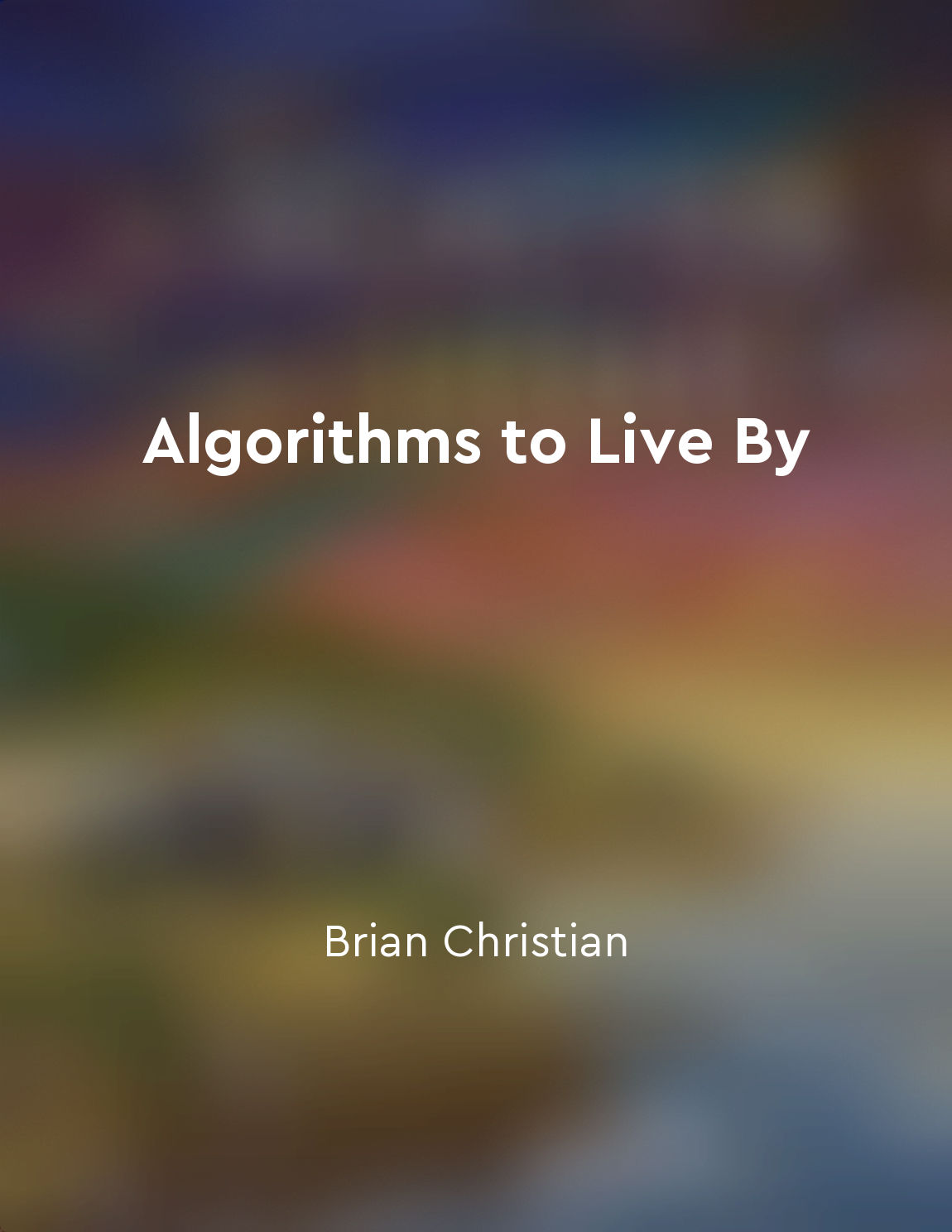Audio available in app
Reinforcement learning focuses on learning to make decisions based on rewards from "summary" of Machine Learning by Stephen Marsland
Reinforcement learning is a type of machine learning that is centered around the idea of making decisions in order to receive rewards. The key concept here is that an agent, such as a robot or a computer program, is trained to take actions in an environment in order to maximize some notion of cumulative reward. This is in contrast to other forms of machine learning where the focus is on training a model on a labeled dataset to make predictions. In reinforcement learning, the agent learns through trial and error, receiving feedback in the form of rewards or punishments based on its actions. The goal is for the agent to learn a policy, which is a mapping from states to actions, that maximizes the expected cumulative reward over time. This involves exploring different actions in different states, learning which actions lead to the highest rewards, and exploiting this knowledge to make decisions in the future. At the heart of reinforcement learning is the idea of the reward signal, which tells the agent how well it is doing at any given time. The agent's objective is to learn a policy that maximizes the expected sum of rewards over time. This can be challenging, as the agent may have to trade off short-term rewards for long-term gains, or deal with uncertainty in the environment. One of the key challenges in reinforcement learning is the exploration-exploitation dilemma. On one hand, the agent needs to explore different actions in order to learn which ones are most rewarding. On the other hand, it also needs to exploit its current knowledge to maximize its immediate rewards. Striking the right balance between exploration and exploitation is crucial for successful learning.- Reinforcement learning is a powerful approach to training agents to make decisions in complex and uncertain environments. By focusing on learning to make decisions based on rewards, reinforcement learning enables agents to learn from their experiences and improve their decision-making over time.
Similar Posts
Utilize technology to enhance learning and streamline study habits
In today's digital age, technology has become an integral part of our daily lives. From smartphones to laptops, we use various ...
Cultivate a growth mindset in decisionmaking
To cultivate a growth mindset in decision-making means embracing the idea that our choices are not set in stone. Instead of vie...

Sorting algorithms can help us organize our tasks and prioritize them efficiently
When faced with a chaotic array of tasks, it can be overwhelming to figure out where to start. Just like sorting algorithms org...
AI can optimize business processes and drive efficiency
AI has the incredible ability to streamline complex business operations and enhance overall efficiency. By leveraging advanced ...
Algorithmic transparency importance
The importance of algorithmic transparency cannot be overstated. In a world where increasingly complex algorithms are making de...
Crossvalidation ensures the generalization of models
Crossvalidation is a technique used to ensure the generalization of models. When we build a model using a training set and then...

